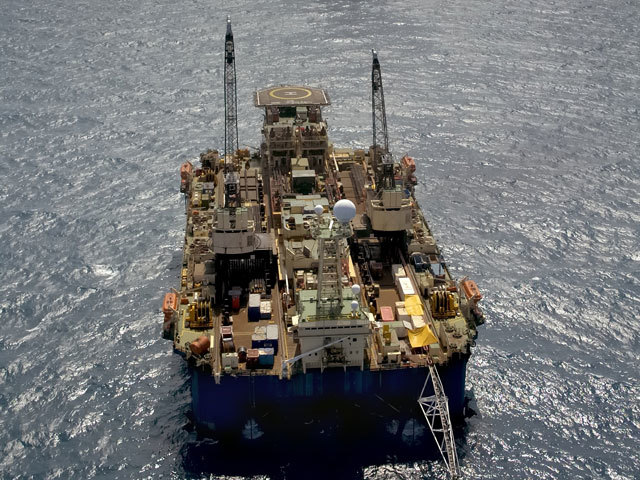
Brent oil fluctuated in Asian trading following a run of seven weekly gains that’s pushed crude to the highest level since 2014.
Futures in London swung between gains and losses after climbing as high as $94 a barrel.
Oil’s market structure is flashing signs of tighter supplies and inventories at key storage hubs are falling. Saudi Arabia signaled confidence in the outlook for robust demand continuing by raising its crude prices for customers in Asia, the US, and Europe for March.
The tight oil market is being reflected at the pump. In the US, the average price of gasoline rose to the highest level in more than seven years, according to data from the AAA. That poses a fresh challenge to President Joe Biden as he tries to combat surging energy costs.
Oil has rallied on improving demand and supply outages, putting $100 within reach and raising concerns about inflation. There’s also a geopolitical risk premium in the price as Russia amasses troops near its border with Ukraine, although President Vladimir Putin has said he has no plans to invade.
Meanwhile, the prospect of Iranian crude returning took a small step forward last week. US Secretary of State Antony Blinken signed several sanctions waivers related to Iran’s civilian nuclear activities, according to an Associated Press report that cited documents. However, Iran said it still needs guarantees from Washington to revive a nuclear deal with world powers.
“Demand for petrol-based products is soaring, while OPEC and US shale supply remain constrained,” said Stephen Innes, managing partner at SPI Asset Management Pte. “Having Iran back in the supply mix would have a significant and lasting impact on oil prices. It would likely stop the soaring price rally.”
Prices
Brent for April settlement rose 0.2% to $93.48 a barrel at 12:28 p.m. in Singapore on the ICE Futures Europe exchange.
West Texas Intermediate for March delivery fell 0.4% to $91.98 a barrel on the New York Mercantile Exchange.
OPEC+ last week agreed to boost output by 400,000 barrels a day in March, but the group is struggling to fulfil its supply pledges. One of Libya’s biggest oil companies was recently forced to cut output due to a lack of storage capacity caused by the inability to perform maintenance on tanks.
US supply has also been trimmed. The extreme cold that’s descended across Texas prompted some oil producers in the Permian Basin to halt a small part of their output as icy roads disrupt critical trucking operations. A power outage Friday also knocked out production at two major refineries in Texas, though a plant operated by Valero Energy Corp. has begun restarting units.
Recommended for you
